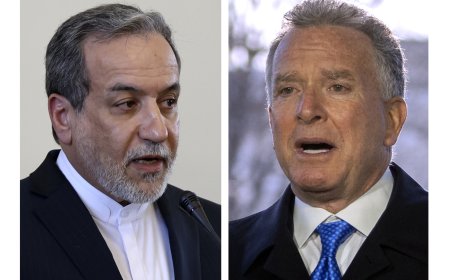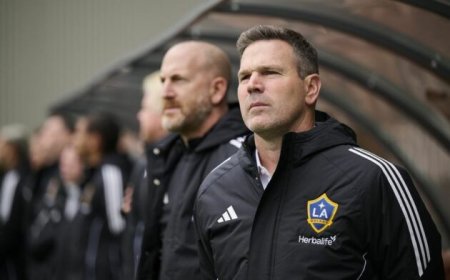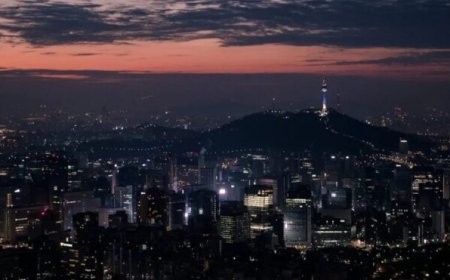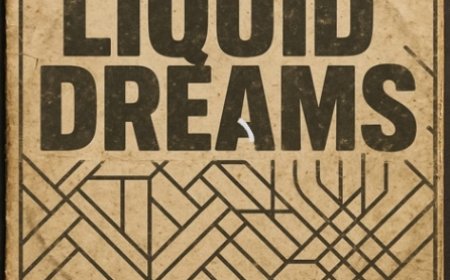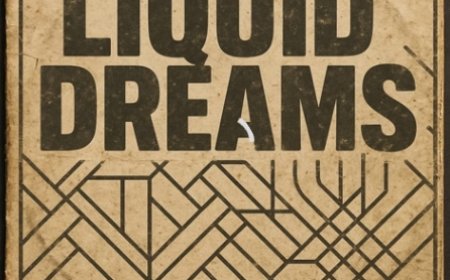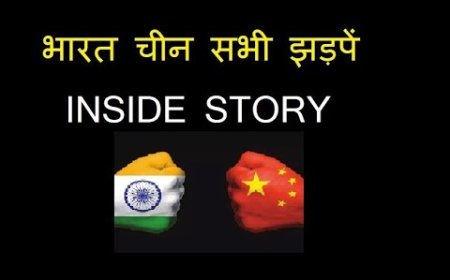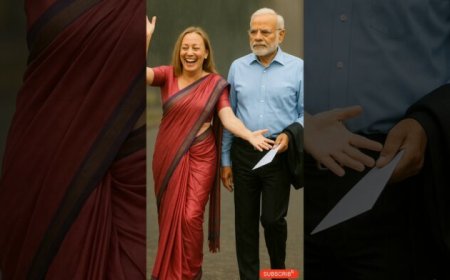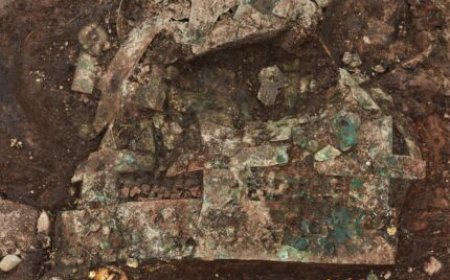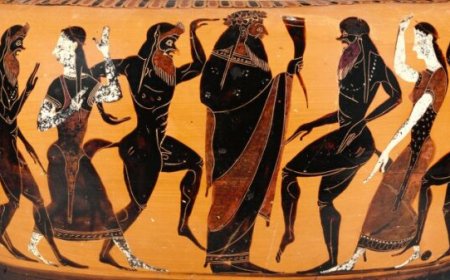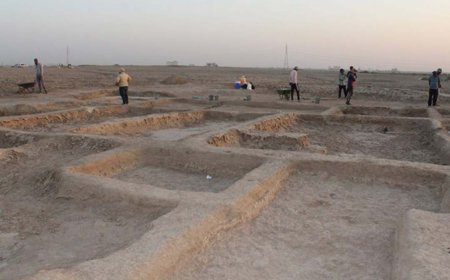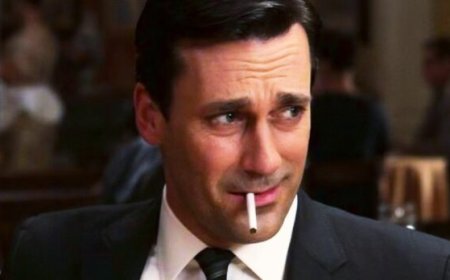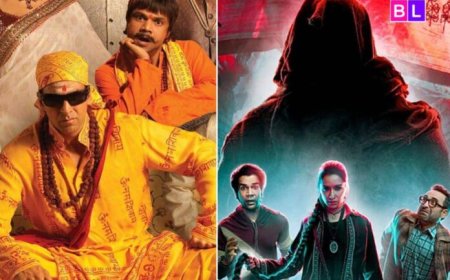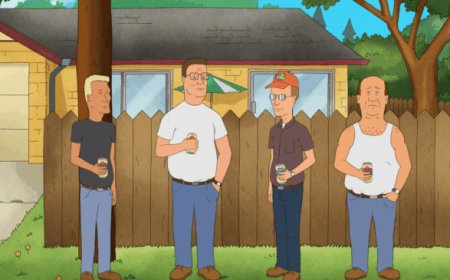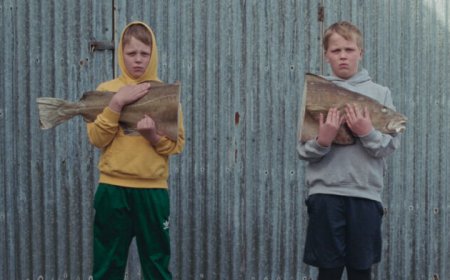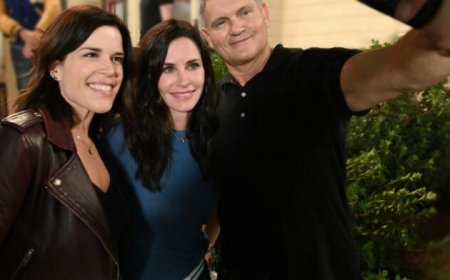‘Cielo’ Interview on Alberto Sciamma Film Shot in Bolivia

What precisely is “heaven”? And how far would you go to achieve it? Eight-year-old Santa, the protagonist of U.Ok.-based Spanish writer-director Alberto Sciamma’s Bolivia-shot film Cielo, is prepared to go far, very far, after swallowing a shiny yellow fish.
She shouldn’t be solely pulling a cart from her dwelling within the desolate Bolivian Altiplano via huge desert landscapes and driving a giant truck, but in addition finally ends up assembly a priest, policemen and an indigenous feminine wrestling troupe, amongst others. What drives her is her love for her mom, her need to avoid wasting her and herself from an abusive father, and her religion.
The movie, starring newcomer Fernanda Gutiérrez Aranda, Fernando Arze Echalar, Sasha Salaverry, Cristian Mercado, Carla Arana, Juan Carlos Aduviri and Luis Bredow, had its world premiere at Porto, Portugal’s Fantasporto in March, the place it received a particular jury prize, the viewers award and the very best cinematography honor for Alex Metcalfe.
Now, Cielo will get its U.Ok. premiere at SXSW London on June 6, adopted by one other screening the next day.
Produced out of the U.Ok. by Sciamma, John Dunton-Downer, Alexa Waugh, and Bettina Kadoorie via Luchadora Films, with help from Bolivian manufacturing firm Pucara Films, the film now has Film Seekers on board because the gross sales agent.
Ahead of the London screenings, Sciamma (I Love My Mum) talked to THR about his inspiration for his trendy fairy story, working together with his charismatic younger star and the “cholitas,” the indigenous feminine wrestlers who’ve gained reputation in Bolivia, and what’s subsequent for him.
Cielo
Courtesy of Luchadora Films
“The movie started with two images,” the filmmaker shares. “I had a very visceral image in my head of a little girl swallowing a fish, and I didn’t really analyze it. I didn’t know why I was fascinated by that image. And then, I had that other image of a little girl pulling a cart in the middle of an unknown landscape. I was doodling and thinking about those images, but I never thought they would become a script.”
So what occurred? During the European Film Market of the Berlin Film Festival a number of years in the past, he met up together with his good friend Dunton-Downer and his Bolivian spouse, who had moved from London to Berlin. “They said: ‘Well, if you need a deserted, exotic landscape, think about Bolivia’. And they opened their family photo album and started to show me photos of Bolivia,” Sciamma recollects. “And I thought those landscapes were incredible.” Inspired, he targeted on writing a primary draft for the film inside a number of weeks.
The film ended up bearing on varied non secular and spiritual themes and utilizing such non secular symbolism as fish and heaven. “I’m not religious myself, but I was born in a very religious country, in Spain,” explains Sciamma. “The hyper-realism of Jesus on the cross and all of these things fascinated me. And I’ve always been fascinated by the concept of faith, because it’s undefinable. I mean: what is faith? The idea is that we have a bunch of primordial questions. Regardless of how many BBC documentaries we see about the sky and the stars and science and whatever, we still look up and think: ‘Okay, I understand all of that, but what is really going on here?’ And these are the questions that shape religion in a way. If we didn’t have those questions, religion wouldn’t exist.”
Don’t name Cielo a spiritual movie, although! “I don’t consider the movie to be a movie about religion,” the author and director tells THR. “It is a movie of many things — love and family, our insatiable need for redemption, and this universal feeling that we all have of looking for a better place, or trying to be in a better place, trying to find something else. You know, the grass is always greener somewhere else.”

Cielo movie shoot
Courtesy of Luchadora Films
How did Sciamma form his narrative and focus his tone? “I only had one rule as I was writing: try to do something that is felt [by the audience] rather than analyzed, and something that is full of love, regardless of how savage some of the things that happen are. I still wanted it to be very tender at its core.”
The psychedelic feeling you get when watching the film is as a result of director’s objective of offering a visceral, experiential sort of viewing to his viewers. “It’s the whole — the images, the colors, the music, the sound,” explains Sciamma. “All of that is designed to take you, hopefully, on a very entertaining ride, a mysterious ride, and sort of hypnotizes you to take you to a place that you didn’t know. Movies that I really love are movies that happened in the spaces that I didn’t know about.”
The filmmaker shocked himself with the ultimate model of the movie after watching it throughout the Porto competition. “When the movie ended, I thought with a smile on my face: ‘What is this? What’s happened here?’” he recollects. “When I was writing and when we were all shooting the movie and collaborating, we were discussing stuff and seeing how we could make everything work. But I never analyzed the movie. It was afterwards that I thought: ‘I better figure out how to explain this thing.’ I hope that it functions as a form of entertainment, as something that is like jumping into a pool, but then the pool transforms into the sea, and then the sea is a river, and things fluctuate and change. You never know what’s around the corner in a way.” Or mentioned in another way, “it was designed to take you off center and to transport you” elsewhere, he affords.
Sciamma feels fortunate to have discovered his younger star, Gutiérrez Aranda, who was solely 7 when he had his first Zoom assembly along with her and her mom and who had by no means acted earlier than past faculty performs. “When I spoke with her, I realized this girl is incredibly intelligent. And then I discovered that, in fact, she was two or three years ahead in her school, and she was already reading all the Harry Potter books, etc. So, we met her, and we trusted her.”

Cielo movie shoot
Courtesy of Luchadora Films
Sciamma’s steerage for her was easy: “Be yourself, avoid mannerisms,” and don’t attempt to act out issues. “She was the easiest actor I’ve ever worked with, because she didn’t act,” he shares with THR. “She felt absolutely everything. All the tears that you see and the laughter and whatever else are real. She wasn’t faking it. I remember some [very emotional and scary] scenes and moments were very hard for her to do, and I spoke with her and said we can amend the scene, or do it differently. But in general, the only thing I had to do with her was to give her the tone — whether it was serious or jokey.”
The newcomer even adjusted to last-minute modifications with out issue. “For one scene, I changed all the dialogue 20 minutes before we shot it, and she learned all the new lines.”
And he has excessive hopes for Aranda’s future. “I would love to work with her again, because she is already a great actor and can go places,” he tells THR. “She’s very talented.”
How was working with precise feminine luchadores, or wrestlers, enjoying roughly themselves? “They had never acted, but they are so jovial,” Sciamma shares. “You try to enter that bus they ride around in, and they will start screaming their head off, joking and inventing songs. They were really fun.”
For Salaverry, who performs the wrestler The Reina, the filmmaker adjusted the character from the unique script model to at least one nearer to her real-life persona. “In the original script, she was louder. Sasha is more tender,” he tells THR. “So I thought I’m not going to fight that. I’m going to go with it. So I amended the tone of the part.”

Behind the scenes of the Cielo movie shoot.
Courtesy of Luchadora Films
Sciamma loved his filming expertise in Bolivia a lot that he would love to return there. “Of all the places I have been to for shoots, Bolivia is the only place I will go back to 100 percent. They don’t have [the kind of technology and prop houses and the like of other filming locations]. But they have imagination. Those limitations actually make them really creative,” he explains. “Bolivia is incredible. It has La Paz, it has the dry lands, the desert, it has the mountains, and It has the jungle. So it’s an incredible place with super talented people.”
Sciamma can be hoping to return to the world of Cielo. “I’m sort of writing a part two,” he tells THR. “I always thought that the movie cannot end here, and so I’m writing a continuation of the movie which starts in the jungle, which is a location that we only touched on in some scenes.”
But the sequel script should wait to get his correct consideration, provided that the competition circuit is his near-term focus. Explains the filmmaker: “The way I write is that I basically disconnect from the world, and it’s just me on my laptop.”

Cielo
Courtesy of Luchadora Films
What's Your Reaction?
 Like
0
Like
0
 Dislike
0
Dislike
0
 Love
0
Love
0
 Funny
0
Funny
0
 Angry
0
Angry
0
 Sad
0
Sad
0
 Wow
0
Wow
0



